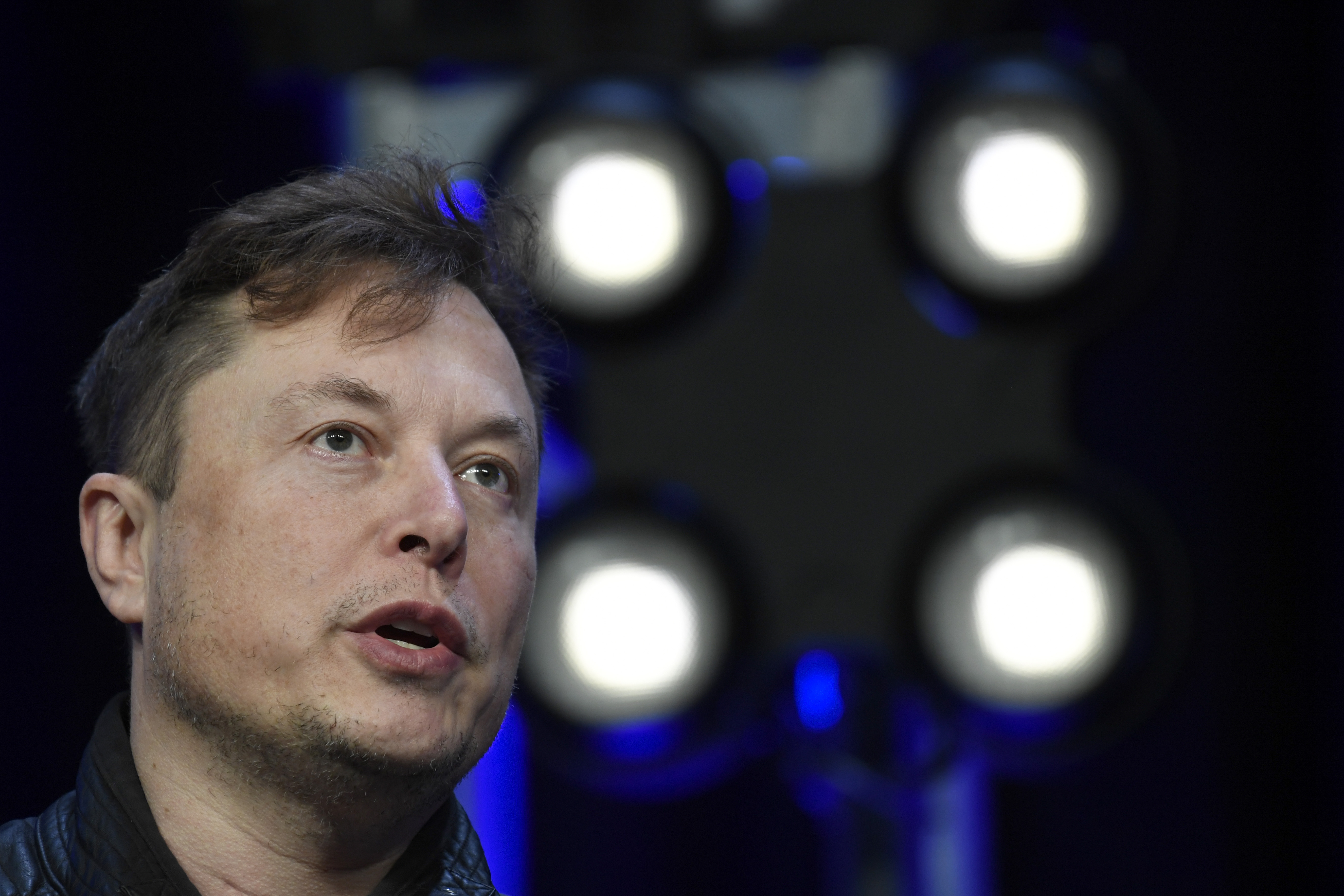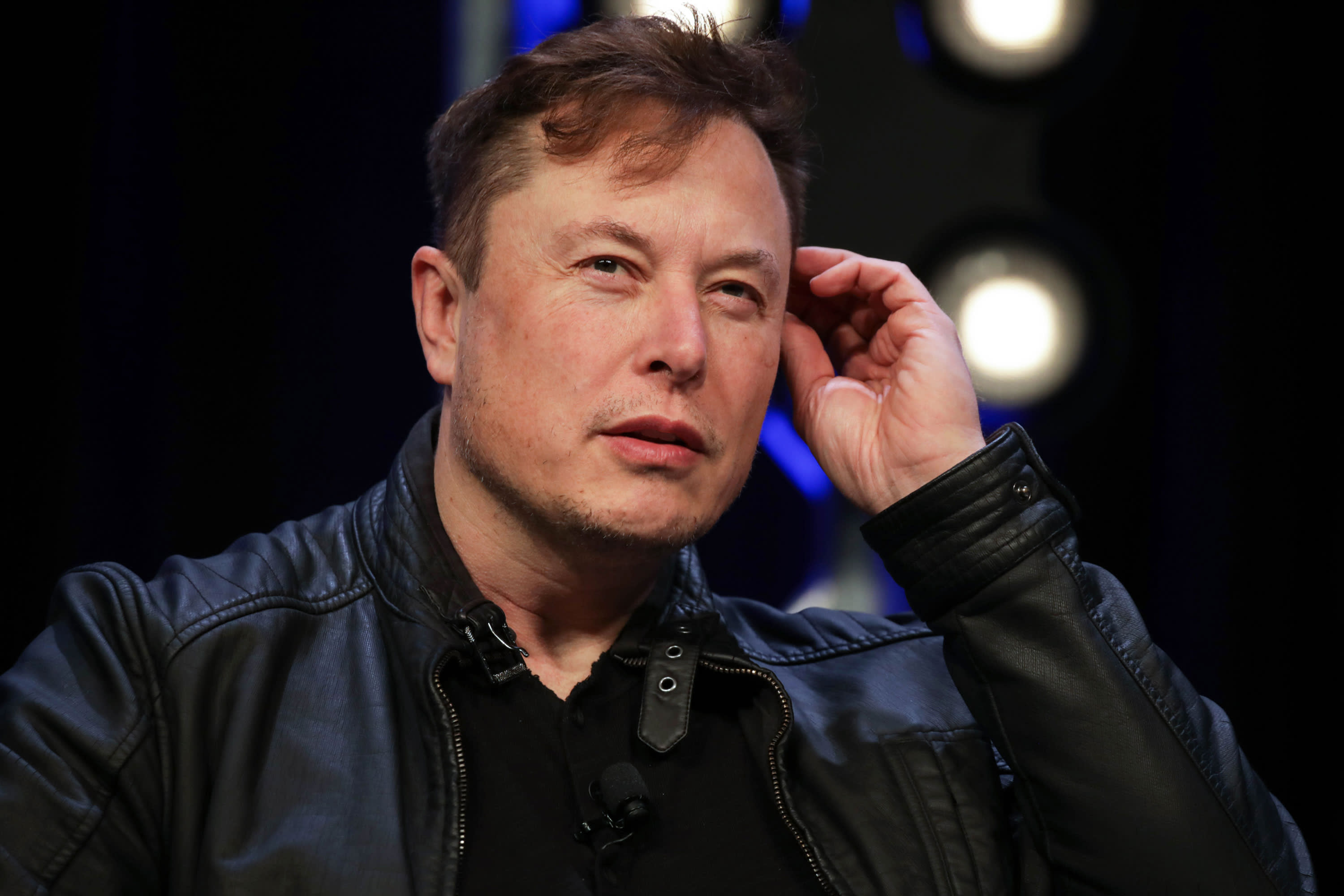Twitter began widespread layoffs Friday as new owner Elon Musk overhauls the company, raising grave concerns about chaos enveloping the platform as a source of reliable information just days ahead of the U.S. midterm elections.
The speed and size of the cuts also opened Musk and Twitter to lawsuits. At least one was filed Thursday in San Francisco alleging that Twitter intends to lay off more workers and has violated federal law by not providing the required notice.
The company had told employees by email that they would find out by 9 a.m. PDT (noon EDT) if they had been laid off. The email did not say how many of the roughly 7,500 employees would lose their jobs. Musk in a tweet about the layoffs posted Friday afternoon said "Everyone exited was offered three months of severance, which is 50% more than legally required."
Musk didn’t confirm or correct investor Ron Baron at a conference in New York on Friday when he asked the billionaire Tesla CEO how much money he would save after he “fired half of Twitter.”
Musk responded by talking about Twitter’s cost and revenue challenges and blamed activists who urged big companies to halt advertising on the platform. Musk hasn't commented on the layoffs themselves.
“The activist groups have been successful in causing a massive drop in Twitter advertising revenue, and we’ve done our absolute best to appease them and nothing is working,” he said.
Some employees of the San Francisco-based company tweeted earlier that they had already lost access to their work accounts. They and others tweeted messages of support using the hashtag #OneTeam. The email to staff said job reductions were “necessary to ensure the company’s success moving forward.”
A civic integrity team manager at Twitter who quit in September, Eddie Perez, said he fears the layoffs so close to the midterms could allow disinformation to “spread like wildfire” during the post-election vote-counting period in particular.
Get a weekly recap of the latest San Francisco Bay Area housing news. >Sign up for NBC Bay Area’s Housing Deconstructed newsletter.
“I have a hard time believing that it doesn’t have a material impact on their ability to manage the amount of disinformation out there,” he said, adding that there simply may not be enough employees to beat it back.
Perez, a board member at the nonpartisan election integrity nonprofit OSET Institute, said the post-election period is particularly perilous because “some candidates may not concede and some may allege election irregularities and that is likely to generate a new cycle of falsehoods.”
Twitter’s employees have been expecting layoffs since Musk took the helm of the company. Already, he has fired top executives, including CEO Parag Agrawal, on his first day as Twitter’s owner.
Musk also had removed the company’s board of directors and installed himself as the sole board member. On Thursday night and Friday morning as the notices went out, many Twitter employees took to the platform to express support for each other — often simply tweeting blue heart emojis to signify its blue bird logo — and salute emojis in replies to each other.
The sweeping layoffs will jeopardize content moderation standards, according to a coalition of civil rights groups, who escalated their calls Friday for brands to pause advertising buys on the platform. The layoffs are particularly dangerous ahead of the elections, the groups warned, and for transgender users and other marginalized groups who face violence inspired by hate speech that proliferates online.
On Friday’s press call, leaders with the organizations Free Press and Color of Change said they spoke with Musk on Tuesday. The leaders said Musk promised to retain and enforce the election integrity measures already in place. But the mass layoffs suggest otherwise, according to Jessica González, co-CEO of Free Press.
González pushed back on Musk’s assertion that content moderation rules — an operation she said was already “dangerously under-resourced” — had not changed since his takeover.
“When you lay off reportedly 50% of your staff — including teams who are in charge of actually tracking, monitoring and enforcing content moderation and rules — that necessarily means that content moderation has changed,” González said. “He cannot enforce content moderation if he doesn’t have the staff to do so. AI alone cannot solve this problem.”
As of Friday, Musk and Twitter had given no public notice of the coming layoffs, according to a spokesperson for California’s Employment Development Department. That’s even though the Worker Adjustment and Retraining Notification statute requires employers with at least 100 workers to disclose layoffs involving 500 or more employees, regardless of whether a company is publicly traded or privately held.
A lawsuit was filed Thursday in federal court in San Francisco on behalf of one employee who was laid off and three others who were locked out of their work accounts. It alleges Twitter intends to lay off more employees and has violated the law by not providing the required notice.
In the United Kingdom, Twitter would be required by law to give employees notice of redundancy, said Emma Bartlett, a partner specializing in employment and partnership law at CM Murray LLP. In the case of mass redundancy, Bartlett said the government also would have to be notified.
Failure to notify the government in the case of mass firings could “have criminal penalties associated with it,’’ Bartlett said, adding that whether criminal sanctions are ever applied is another question.
The speed of the layoffs could also open Musk and Twitter up to discrimination claims if it turns out, for instance, that they disproportionally affected women, people of color or older workers.
Peter Rahbar, an employment lawyer and founder of the New York law firm The Rahbar Group, said most employers “take great care in doing layoffs of this magnitude.”
“First, they want to make sure there is justification, and second that a nondiscriminatory process is used,” Rahbar, said. ”And third, they want to do everything they can not to draw attention to it for these reasons.”
“For some reason, he wants to lay off half the company without doing any due diligence on what these people do or who they are and without any regards to the law,” Rahbar added.
The layoffs come at a tough time for social media companies, as advertisers are scaling back and newcomers — mainly TikTok — are threatening older platforms like Twitter and Facebook.
In a tweet Friday, Musk blamed activists for what he described as a “massive drop in revenue” since he took over Twitter late last week. He did not say how much revenue had dropped.
Big companies including General Motors, General Mills and Audi have all paused ads on Twitter due to questions about how it will operate under Musk. Volkswagen Group said it is recommending its brands, which include Skoda, Seat, Cupra, Audi, Lamborghini, Bentley, Porsche and Ducati, pause paid activities until Twitter issues revised brand safety guidelines.
Musk has tried to appease advertisers, but they remain concerned about whether content moderation will remain as stringent and whether staying on Twitter might tarnish their brands.
In his tweet, Musk said “nothing has changed with content moderation.”
But Twitter advertisers have steadily declined since Musk agreed to buy Twitter in April, according to MediaRadar, which tracks ad buys. Between January and April, the average number of advertisers on Twitter was 3,350. From May through September, the number dropped to 3,100. Prior to July, more than 1,000 new advertisers were spending on Twitter every month. In July and August, that number dropped to roughly 200.
One company that hasn’t stepped away is SoFi, the online banking company run by Twitter’s former COO, Anthony Noto. SoFi has been running promoted tweets — ads on Twitter’s platform — offering to pay its customers Twitter Blue platform.
“The audience we are trying to reach is there,” SoFi said, but it is still monitoring risks on Twitter and could pull its campaign.
Insider Intelligence analyst Jasmine Enberg said there is “little Musk can say to appease advertisers when he’s keeping the company in a constant state of uncertainty and turmoil, and appears indifferent to Twitter employees and the law.”
“Musk needs advertisers more than they need him,” she said. “Pulling ads from Twitter is a quick and painless decision for most brands.”



